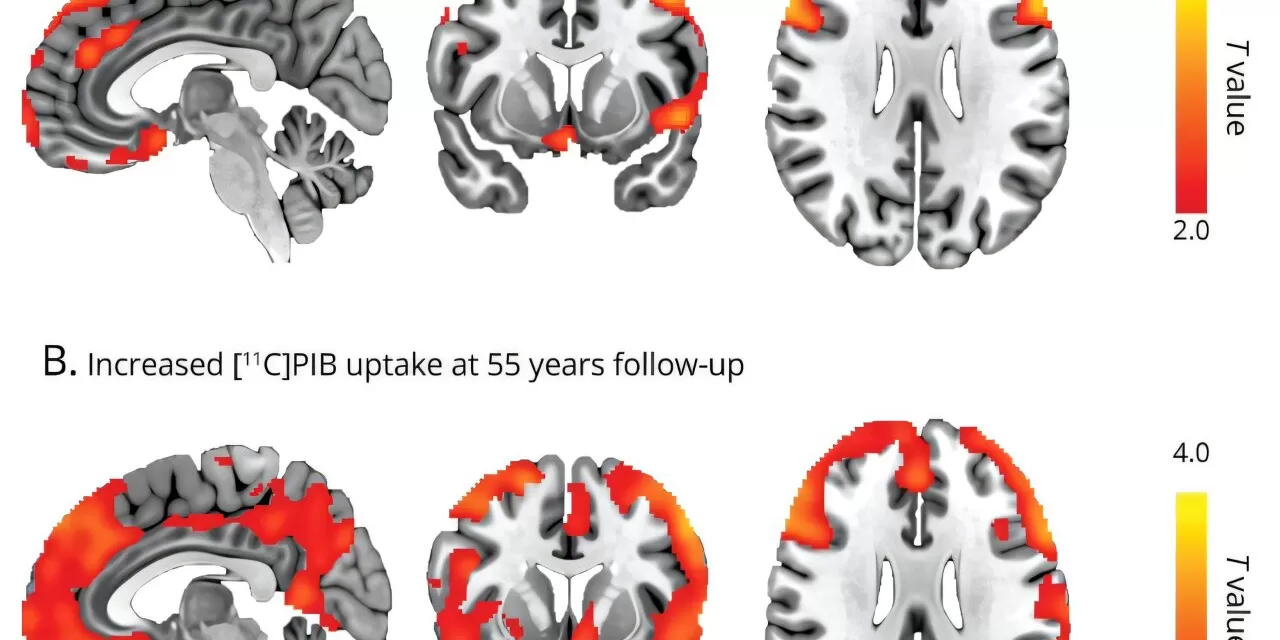Turku, Finland – New research published in the journal Neurology suggests that individuals who experienced childhood epilepsy may be at increased risk of developing Alzheimer’s disease later in life. The study, conducted by researchers at the University of Turku, Åbo Akademi University, and the University of Wisconsin, found that individuals with childhood epilepsy exhibited higher levels of brain amyloid, a hallmark of Alzheimer’s, compared to their peers without epilepsy.
The research followed a unique cohort of individuals who had experienced childhood epilepsy since the 1960s. Over decades, the researchers observed these individuals and a control group, monitoring their health and cognitive function.
“Our previous findings showed an increased presence of amyloid plaques in the brains of individuals with childhood epilepsy,” explains Professor Juho Joutsa, lead author of the study. “This new study, conducted seven years later, demonstrates a continued accumulation of amyloid in these individuals, further increasing their potential risk for Alzheimer’s.”
While the study found higher levels of amyloid in the epilepsy group, significant memory impairments were not yet observed. This suggests that while amyloid accumulation is a risk factor for Alzheimer’s, it may not always directly translate to cognitive decline.
“This research highlights the long-term consequences of childhood epilepsy,” says Professor Joutsa. “Continued monitoring of this cohort will provide crucial insights into the development of Alzheimer’s disease and potential interventions to mitigate these risks.”
This study emphasizes the importance of long-term research and collaboration across disciplines to understand the complex interplay between childhood health conditions and neurological disorders later in life.
Disclaimer: This news article is based on a press release and should not be considered medical advice.











